The New South Wales Dept of Health endorses homebirth as a safe and suitable option for low-risk normal healthy pregnant women who would prefer to remain in the safety, comfort and security of their own home with a qualified midwife who has provided her with maternity care throughout her pregnancy according to the current midwifery guidelines. Public hospital across New South Wales are commencing midwifery based homebirth care for low-risk healthy women.
In the unlikely event of a complication or need to transfer to hospital the services have liaised with the NSW Ambulance service to ensure efficiency, sensitivity and safety.
St George hospital at Kogarah in Sydney already has a program available for women via the birth center service, Royal Hospital for Women at Randwick, in Sydney will roll out a similar program over 2012, with many more Public Hospitals set to follow.
On homebirth, well known Aussie actor Noni Hazlehurst was quoted as saying:
“My proudest achievement is having two homebirths. I had Charlie when I was 35 and William at 40, at home in the Blue Mountains. Natural birth is the most extraordinary thing. You feel so powerful.”
Midwifery Care for Homebirth
The general standard guidelines are as follows, although details of this care will be negotiated between the midwife and her client.
These guidelines are usually recognized as a minimum standard of care for homebirth.
Recommended Standard of Midwifery Care
Homebirth midwives work autonomously and accept clients from a wide range of backgrounds. They are Primary Care Providers and their service includes:
Antenatal: Visits monthly until 28 weeks of pregnancy, fortnightly until 36 weeks, then weekly until birth or twice weekly if late for dates.
Birth: The midwife attends at a stage of labour mutually agreed to between her client and herself or when active labour is established. She continues to attend throughout active labour and delivery of the baby.
She stays with her client for a minimum of 1 hour after birth, or until she is satisfied with the condition and comfort of her client and baby.
If a transfer to hospital is necessary at any stage, the midwife will, at the client’s discretion, accompany her to hospital, where she will be available to provide information and support.
Postnatal Visits: Daily for 4 days, then every second day until 10 days after the birth. Subsequent visits at 14 days, 28 days and a 6 week postnatal check.
Home Visits: The initial visit is recommended to be at the midwife’s home or office and each antenatal visit weekly from 37 weeks are conducted in the client’s home. All postnatal visits are usually in the client’s home.
On Call: The midwife usually makes herself available for consultation 24 hours a day during the period of care, unless otherwise agreed to with her client at the onset of care.
Back-Up Midwife: When the midwife is unavailable either for consultation or to attend her client, usually the midwife will call in an experienced homebirth midwife of her client’s choice where possible to replace her.
Cost: Could be covered by Medicare if the service is provided within a hospital based program or if contracting an independent midwife, approx $5,000 to $10,000 is expected, the schedule of fees can sometimes be negotiated, and now the midwives have medicare provider numbers claims are processed to reduce the cost to the health consumer considerably.
For further information, please contact a midwife directly, via the www.homebirthsydney.org.au website.





